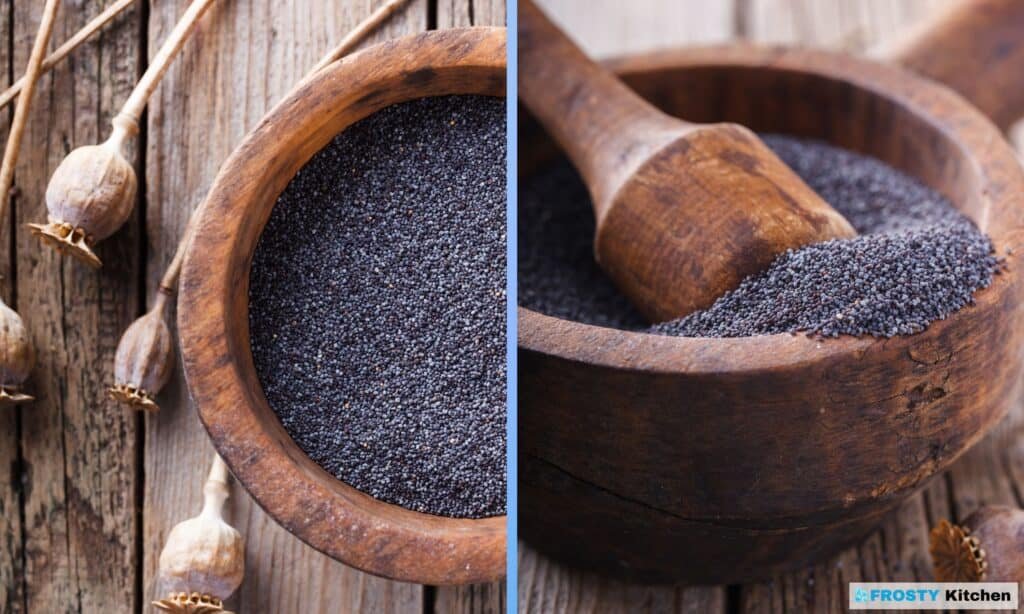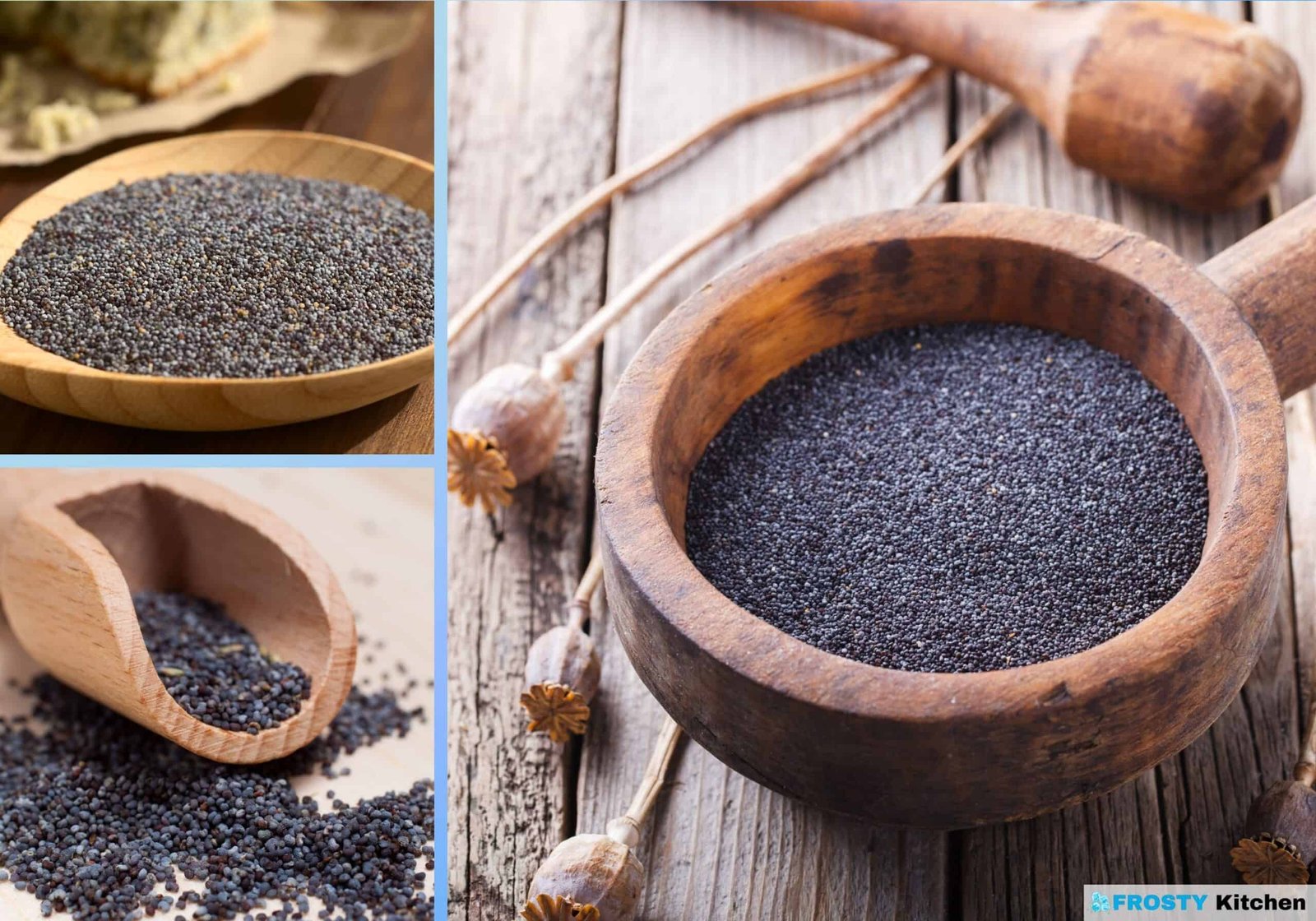Poppy seeds, harvested from the Papaver somniferum plant, are tiny oilseeds known for their nutty flavor and pleasant crunch. They have been a cherished ingredient in many culinary traditions around the world. Freezing poppy seeds is a viable method to maintain their freshness and prolong their usability. This article illuminates the origins, benefits, and a meticulous guide on how to freeze poppy seeds effectively.
What are Poppy Seeds?
Poppy seeds are small, kidney-shaped seeds that come from the poppy flower, Papaver somniferum. They are often used in baking, salad dressings, and as a garnish in various culinary applications.
Origin and History
- The cultivation of poppy seeds dates back to ancient civilizations, with archaeological evidence suggesting their use over 3000 years ago in regions like Mesopotamia.
- Over centuries, the cultivation and use of poppy seeds spread across Europe and Asia, becoming a staple in many traditional dishes.
Nutritional Value
- Poppy seeds are rich in essential fatty acids, dietary fiber, and several vital minerals like calcium, phosphorus, and magnesium.
- They also contain small amounts of opiate alkaloids, which are known for their soothing effects, although in negligible amounts when consumed in culinary quantities.
Benefits of Freezing Poppy Seeds
Freezing poppy seeds offers several advantages:
- Preservation of Freshness: Freezing helps retain the freshness and nutty flavor of poppy seeds.
- Extended Shelf Life: Poppy seeds have a high oil content, and freezing extends their shelf life by preventing rancidity.
- Ease of Use: Frozen poppy seeds can be used directly from the freezer, making them a convenient choice for many recipes.
Preparing Poppy Seeds for Freezing
- Packaging: Use airtight, freezer-safe containers or vacuum-sealed bags to keep poppy seeds protected from moisture and freezer burn.
- Portioning: Divide poppy seeds into usable portions to avoid the need for refreezing.

Step-by-Step Guide to Freezing Poppy Seeds
Maintaining the freshness of poppy seeds by freezing them is a simple yet effective method. The following are general methods to freeze poppy seeds, ensuring their quality remains intact.
Method 1: Freezing in Airtight Containers
- Preparation: Ensure poppy seeds are clean and dry.
- Storage: Transfer poppy seeds into airtight containers.
- Freezing: Place the containers in the freezer, ensuring they lay flat for uniform freezing.
Method 2: Freezing with a Vacuum Sealer
- Preparation: Same as Method 1, ensure poppy seeds are clean and dry.
- Vacuum Sealing: Place poppy seeds in vacuum seal bags, use a vacuum sealer to remove all air, and then seal the bags.
- Storage: Label the bags with the date and place them in the freezer.
Refreezing Poppy Seeds
Refreezing poppy seeds is not advisable as it could lead to a loss of freshness and possibly affect the quality.
Storage Duration and Factors Affecting it
- Duration: Frozen poppy seeds can be stored for up to 6 months to a year, depending on various factors.
- Factors: Factors like the initial freshness of poppy seeds, the method of freezing, and the consistency of the freezing temperature can affect the storage duration.
Frequently Asked Questions
Q1: How can I use frozen poppy seeds?
- Frozen poppy seeds can be used directly from the freezer in baking or as a garnish without any need for thawing.
Q2: Do poppy seeds lose their flavor over time?
- Yes, like other seeds, poppy seeds can lose their flavor over time, especially when exposed to air, light, or moisture. However, freezing can significantly slow down this process and preserve their flavor.
Q3: Can I grind poppy seeds before freezing them?
- It’s preferable to freeze poppy seeds whole as grinding can expose more surface area to air and potential moisture, which may expedite the loss of flavor and potency.

